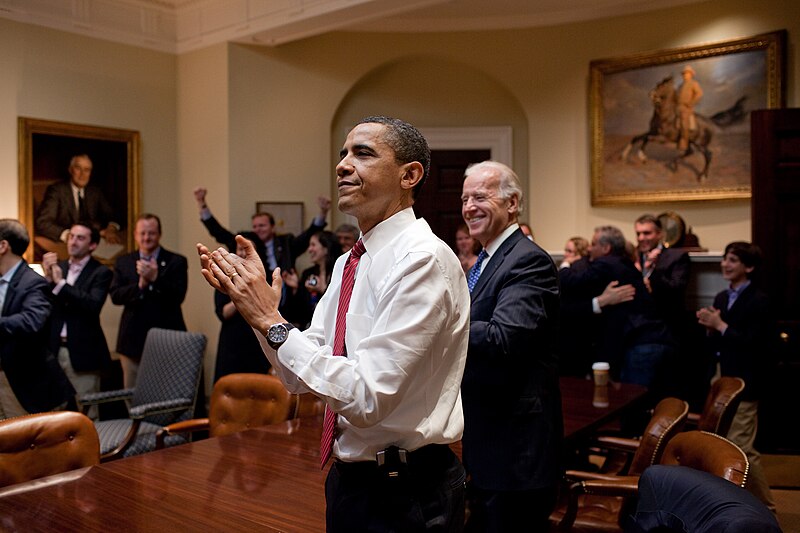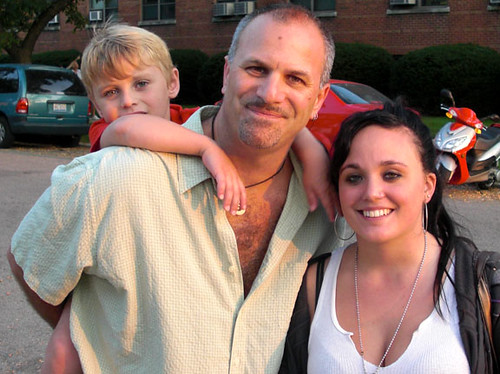We know about the gendered wage gaps in the workplace. It’s old news that women are wildly underrepresented in top leadership positions at companies across the nation. And it’s clear that men need to be on board in order to for women to achieve equity in the workplace. Men have a central role in improving the workplace as we move into the future. But to be effective in accomplishing productive solutions, we need to scratch beneath the surface and look beyond salary and the corner office.
Most men believe that all people should have the same opportunities based on qualifications, not gender. What about that guy at the conference table — you know, the one who means well but still puts a sexist foot in his mouth.
Allow me to suggest a few tips to share with co-workers about why gender equity matters and what men can do in taking a lead.
As I explain in my book Men and Feminism, masculine privilege is the idea that society awards certain unearned perks and advantages on men simply because they are male. Sometimes this privilege is really obvious, like the fact that Congress remains overwhelmingly male. But masculine privilege also flies under the radar. Institutional practices and ideological beliefs about masculine superiority seem so normal or natural that we’ve learned not to notice when a man’s opinion is taken more seriously than a woman’s.
And, let’s face it. The workplace is nothing if not an institution.
As Michael Welp explains, it’s to men’s individual advantage to inquire more about others and step back a bit from chronic self-advocacy and self-promotion. Listening more and speaking less can “collectively shift the culture in organizations toward more inclusion.”
If it’s a hard sell to convince folks with power and privilege to step aside and share a bit of that pie, then it helps to remember that gender equity improves a company’s bottom line. Michael Kimmel points out that equality “increases a company’s profitability, enhances its reputation in the outside world, and boosts employee morale.”
Exposing invisible patterns and practices allows us to think critically about the links between gender privilege and sexism. One way masculine privilege operates is in how men (and women) are taught to see sexism as “individual acts of meanness,” says scholar Peggy McIntosh. What’s really going on, though, is that sexism is supported by invisible systems that perpetuate and maintain dominance for men as a group.
What Men Can Do (and Encourage Other Men to Do):
1. Engage don’t interrupt. Be quiet. Don’t talk-over others. Communication is a two-way street, and some people have been socialized to cross that street more slowly than others. Research shows that women speak less when they’re outnumbered while men are groomed for assertiveness. Simply put: talk less; listen more.
2. Wait for a response before continuing. Ask more questions and don’t assume you know more than the person you’re speaking to.
3. Remember: authority, expertise and strength come in all shapes, sizes, colors, and wardrobes. A hot manicure does not preclude a hot IQ as 16-year-old Mensa-member Lauren Marbe can attest.
In my recent book Men Speak Out, a collection of first-person perspectives on gender, sex, and power, Ian Breckenridge-Jackson sums up the issues of privilege in the workplace really well. Ian was part of a mixed-gender volunteer crew working to rebuild homes in the Lower Ninth Ward in post-Katrina New Orleans. “Men would often challenge women’s competence on the worksite, particularly women in leadership positions. For instance, men often assumed women were ignorant about using tools, leading men to inappropriately offer unsolicited advice to women about how they should do their work,” Breckenridge-Jackson explains. And even though he was tempted to step in, take over, do the job himself, and explain to the women how things get done, he had to check himself. “All men owe this both to the women in their lives and to themselves.”
There might not be a perfect solution, but we can certainly start the process, and we can easily commit earnestly to change. Men have a crucial role in promoting this workplace change by refusing to be bystanders to the problem.
First published on www.onthemarc.org.


 In January, tragedy struck the Los Angeles suburb of Manhattan Beach.
In January, tragedy struck the Los Angeles suburb of Manhattan Beach.
 This month The Man Files welcomes Sam Bullock writing his first guest post for Girl With Pen. In this personal account, Sam explains what happened when his Mormon religion collided with feminist politics.
This month The Man Files welcomes Sam Bullock writing his first guest post for Girl With Pen. In this personal account, Sam explains what happened when his Mormon religion collided with feminist politics.

 Chest hair, growth spurts, voice changes, lust! In this edition of The Man Files,
Chest hair, growth spurts, voice changes, lust! In this edition of The Man Files, 


